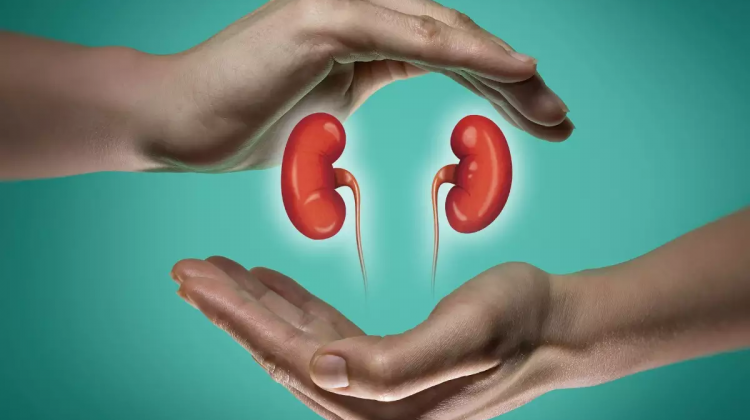
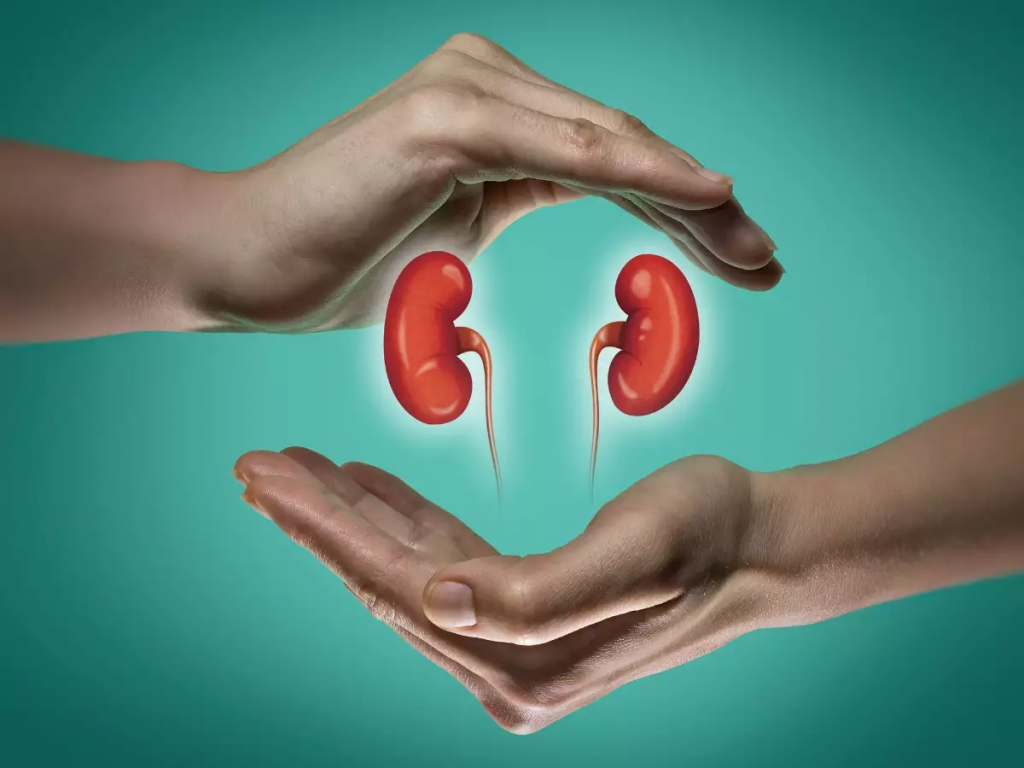
There are a number of foods that can harm the kidneys, including: excess salt, excessive protein, processed foods and caffeine.
These foods can damage the kidneys by blocking the flow of urine and increasing the risk for kidney disease. To minimize the risk for kidney damage, be sure to limit your intake of these foods and drink plenty of water to keep your kidneys healthy.
Eating these foods can lead to kidney damage over time. If you have any questions about what nutrients your kidneys need and which foods might be harmful to them, speak with a doctor or nutritionist.
Your kidneys perform lots of critical jobs, including regulating fluid levels and regulating your pulse. Your kidneys also help with filtering wastes and substances from your blood. If your kidneys aren’t functioning properly, wastes and impurities in the blood can build up to dangerous levels.
Keeping your pulse and glucose levels in check so that your renal system works with the sound suggestions and can keep kidney infection attacks can assist you.
All you have to do is change your dining plan so that you eat foods with less of proteins and sodium in them, so your kidneys can be secure.
Following a nonrestrictive renal diet plan allows you to cut back on those foods that contain low or no sodium or protein.
Here are some foods to stay away from if your kidneys are failing:
1. Canned foods
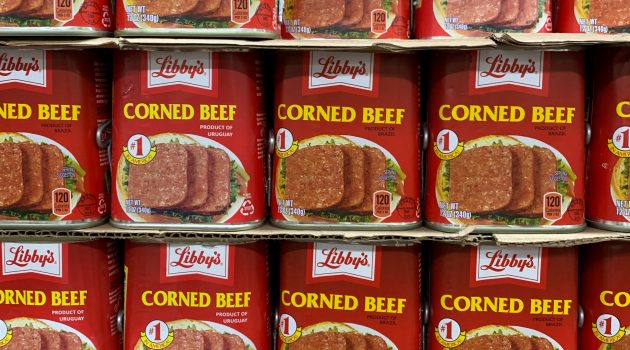
Canned foods, particularly those that are high in sodium, can harm kidney health. In fact, canned foods are one of the top sources of sodium for most people. A single can of soup contains over 1,000 milligrams of sodium! Too much salt can lead to hypertension and other health problems.
In addition, canned foods tend to be high in unhealthy fats and chemicals. These ingredients can damage the kidneys over time. Therefore, it is important to limit your intake of canned food to only moderate amounts if you want to maintain good kidney health.
2. Bananas
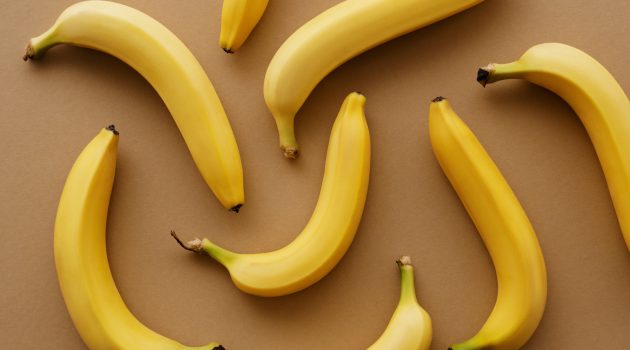
Bananas are a common food item that can harm kidney health. The potassium in bananas can increase the risk for renal stones, and the fruit is high in sugar which can also damage the kidneys. Additionally, bananas are a source of gluten which can negatively affect kidney function.
Bananas are a high-sugar fruit and can be harmful to kidney health. Consumption of too many bananas can lead to renal problems, including hypertension, heart disease, and diabetes. Bananas can also cause fluid retention and increase the risk for kidney stones.
3. Dairy products

There is a growing body of evidence that dairy can harm kidney health. While the jury is still out on whether dairy consumption actually causes renal problems, there is no denying that it can lead to other health risks, including hypertension and heart disease.
Dairy products are particularly high in saturated fat and cholesterol, which can damage the kidneys. In addition, diary consumption has been linked with an increased risk of developing chronic kidney disease. So if you’re looking to improve your overall health, ditch the milk and cheese!
4. Whole wheat bread
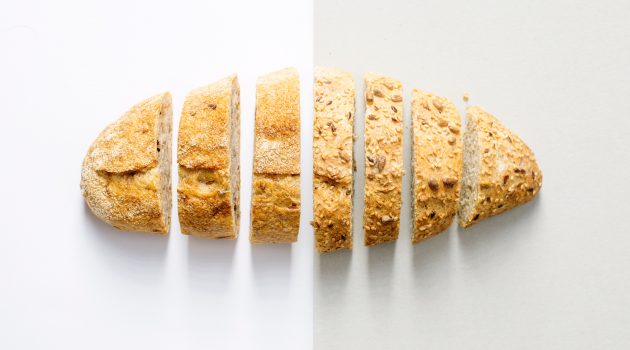
Whole wheat bread can harm kidney health. A new study has found that people who ate whole wheat bread three times a week were more likely to have impaired kidney function than those who didn’t eat the bread. The study, which was published in the journal Renal Nutrition, suggests that eating whole wheat bread may be associated with an increased risk of developing impaired kidney function.
While the relationship between whole wheat bread and impaired kidney function is still uncertain, the researchers say that further research is needed to better understand the link.
5. Processed meats
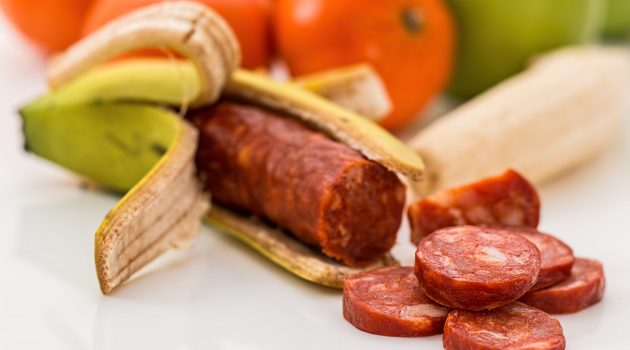
Processed meats, such as hot dogs and bacon, are high in sodium and fat. These ingredients can harm the kidneys. In addition, processed meats can increase the risk of heart disease and other health problems. If you eat a lot of processed meats, it’s important to watch your intake and make sure you’re getting enough nutrients to support your kidney health.
6. Dates, raisins, and prunes
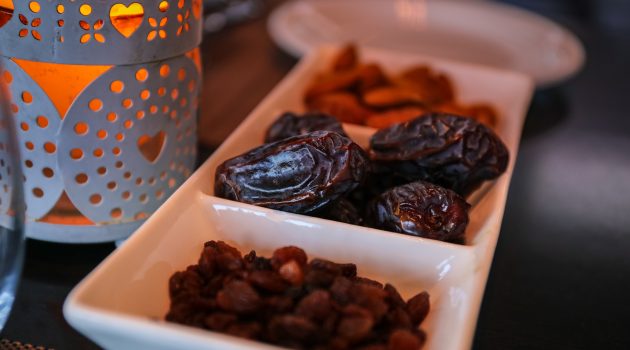
Dates, raisins, and prunes can harm kidney health. When consumed in large quantities, these foods can cause kidney damage. This is because they contain high levels of sugar and starch which can overload the kidneys. In severe cases, this can lead to kidney failure. If you are eating these types of foods, it is important to limit the amount you consume to ensure your kidney health is not at risk.
7. Tomatoes
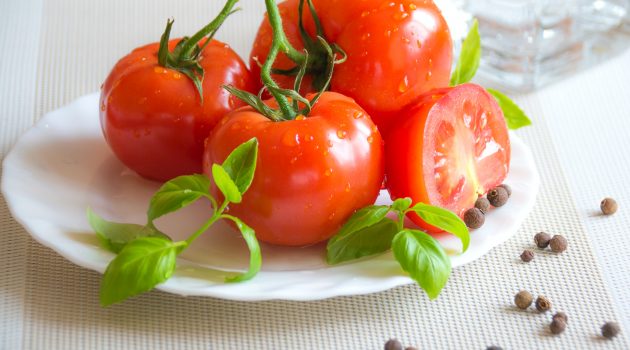
Tomatoes are a type of fruit and contain lycopene which can harm kidney health. Lycopene is a carotenoid found in many different foods and has been linked with increased risk of prostate cancer.
Eating high levels of lycopene can also be harmful to the kidneys because it can increase the risk of developing renal cell carcinoma, a type of cancer that affects the kidneys.
8. Apricots
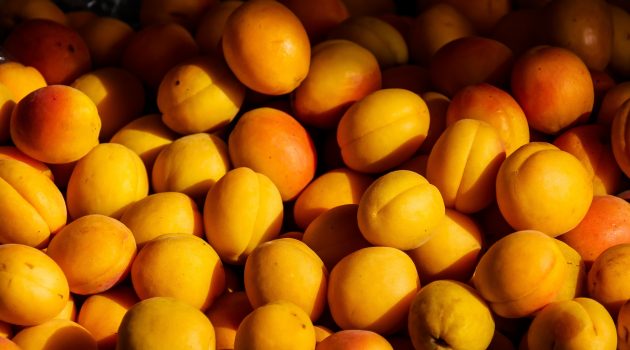
Apricots can harm kidney health. Apricots contain a high level of lectins, which can damage the kidneys. The lectins are found in the pit and stone fruits, such as apricots. Kidney function can be impaired by a high lectin intake, especially over a long period of time.
Consumption of apricots should be limited to no more than 2-3 servings per week.
9. Potatoes
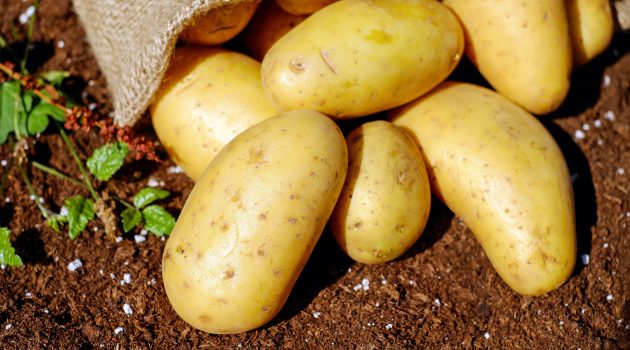
Potatoes can harm kidney health. Certain types of potatoes, including russet, can cause inflammation and damage to the kidneys. This is because they contain high levels of a compound called solanine. Solanine is toxic to the kidneys and can cause serious health problems, including renal failure.
10. Pickles and olives
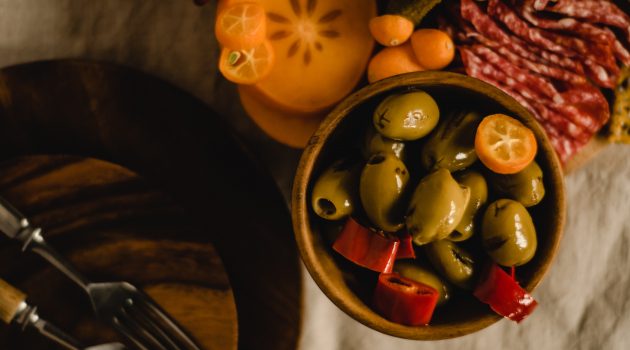
The two most common pickles and olives are made from cucumbers and green olives. These pickles and olives can harm kidney health if consumed in large quantities. A study done in India showed that people who ate the most pickles and olives were at a greater risk for developing renal failure.
The study showed that people who ate five or more pickles or olives per week were more than twice as likely to develop renal failure as those who ate one or lesspickles or olives per week. Pickles and olives contain high amounts of salt, which can damage the kidneys over time.
11. Packaged, instant foods
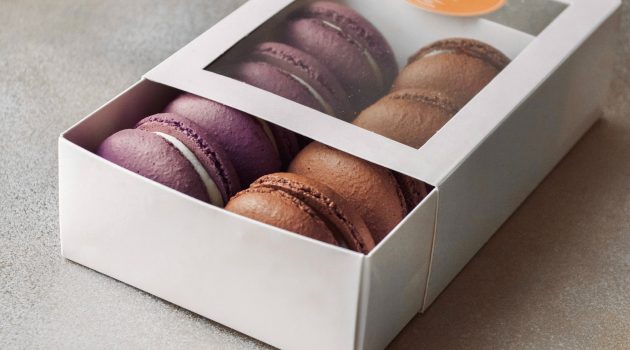
Packaged, instant foods can harm kidney health. These foods are typically high in sugar, sodium, and unhealthy fats. They also contain little to no nutrients and can cause chronic kidney disease (CKD). CKD is a serious condition in which the kidneys lose function over time. It’s the most common type of kidney disease, and it can lead to death if not treated.
Studies have shown that people who eat a lot of packaged, instant foods are more likely to develop CKD than those who don’t. The reason for this is unclear, but it may be because these foods are full of harmful chemicals and toxins that damage the kidneys. If you’re concerned about your kidney health, limit your intake of packaged, instant foods and stick to healthier options like fresh fruits and vegetables instead.
12. Oranges
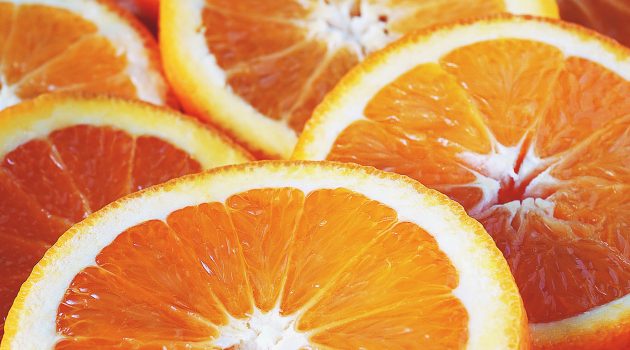
Oranges are a popular item on many grocery store shelves, but like any other fruit, they can have adverse effects on kidney health. In particular, oranges contain high levels of vitamin C which can damage the kidneys.
The National Kidney Foundation warns that people who frequently eat oranges may experience mild to moderate renal damage over time.
13. Butter
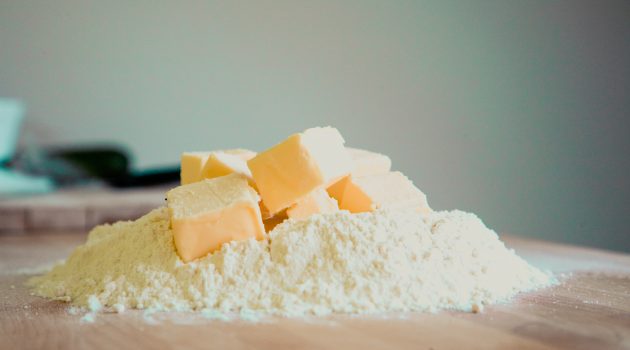
Butter is one of the most popular foods on the planet, but there is a big downside to it when it comes to your kidney health. According to a study published in the European Journal of Clinical Nutrition, excessive consumption of butter can lead to renal impairment and even renal failure.
This is because butter contains a high level of saturated fat, which can damage your kidneys over time. In fact, people who consume large amounts of butter each day are 30 percent more likely to develop chronic kidney disease than those who consume less than 1 tablespoon per day. So if you’re looking for ways to protect your kidneys from damage, steer clear of butter altogether!
14. Organ meat
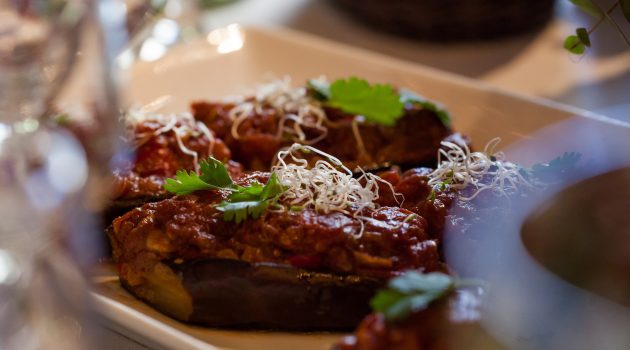
There is a lot of confusion surrounding the safety of organ meat. Some people believe that it is bad for your kidney health, while others believe that it is good for you. The truth is that there is not enough research to make a clear determination about the impact of organ meat on kidney health. However, there are some things to keep in mind if you are considering eating organ meat.
First, organ meats are high in saturated fat and cholesterol. These factors can damage your kidneys over time. Secondly, they can contain harmful toxins that could potentially harm your kidneys if you eat them regularly. Finally, organ meats can also contain other harmful ingredients, such as arsenic and lead. Thus, it is important to be aware of the potential risks before consuming them.
15. Sodas
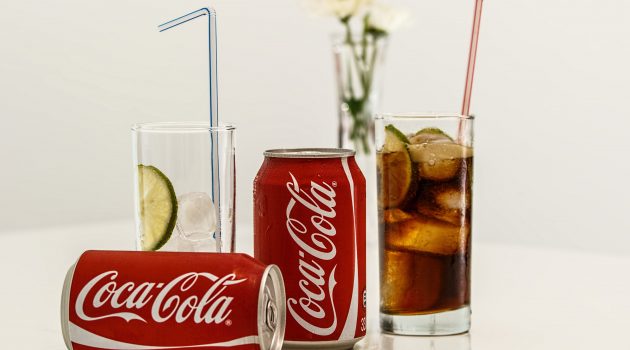
Sodas are bad for your kidneys. Each can contain as much as 150 calories and 10 teaspoons of sugar, both of which can be harmful to the organ. To make matters worse, many sodas also contain artificial sweeteners that can further increase your caloric intake and contribute to weight gain.
Sodas are known to contain unhealthy amounts of sugar and caffeine. When consumed regularly, these drinks can damage the kidneys over time. A study published in the journal PLOS One found that people who drank soda on a daily basis had a 30% increased risk of developing chronic kidney disease (CKD). Researchers believe that the high levels of sugar and caffeine in sodas may be responsible for promoting CKD.
16. Caffeine

Caffeine is a stimulant that can harm kidney health. The National Kidney Foundation (NKF) warns that caffeine can cause serious problems for the kidneys, including:
-Kidney failure
-Renal problems, such as increased blood pressure and decreased renal function
-Kidney stones
-Urinary tract infections
The NKF recommends avoiding caffeine if you have a history of kidney disease or if you are taking medications that could affect your kidneys. If you do choose to drink coffee or other caffeinated beverages, limit yourself to no more than two cups per day.
17. Mayonnaise
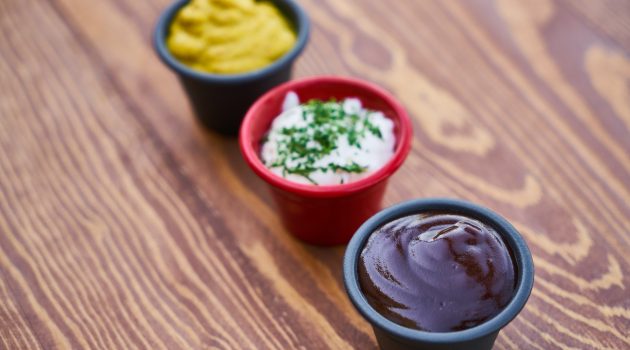
Mayonnaise is a type of salad dressing that is made from oil and egg yolk. It can harm kidney health because it can contain high levels of cholesterol and fat, which can raise the risk for kidney disease. In fact, a study published in the journal “Renal Failure” found that people who ate mayonnaise frequently were more likely to develop early stage kidney disease than people who didn’t eat mayonnaise.
18. Fried foods

The popularity of fried foods has led to a rise in kidney problems. Fried foods are bad for your kidneys because they contain high levels of saturated fat and cholesterol. These fats can inflame the organ, leading to chronic diseases like renal failure and even death.
In addition, fried foods contain MSG, which can damage the nervous system and increase the risk of heart disease. If you have any kidney problems, avoid eating fried foods altogether.
19. Artificial sweeteners
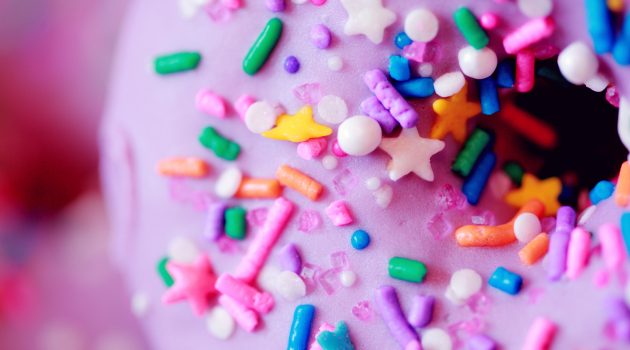
Artificial sweeteners can harm kidney health in a number of ways. They can increase your risk of developing hypertension, heart disease, and stroke, as well as lead to weight gain. Additionally, artificial sweeteners can be toxic to the kidneys. In fact, some studies have even shown that they can actually cause damage to the organ. As a result, it’s important to be aware of the dangers of using these products and to limit your intake if possible.
20. Salty Foods
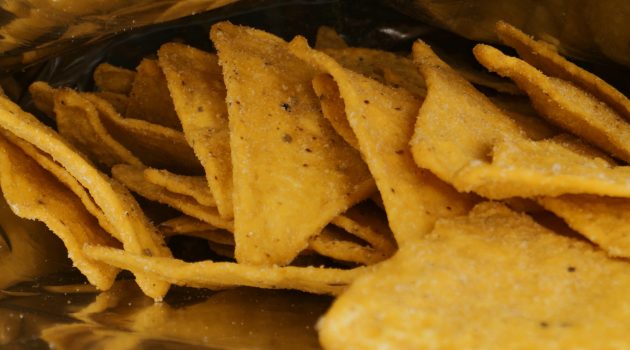
The kidneys are a vital organ in the body and play an important role in processing and cleaning blood. However, salty foods can harm the kidneys over time. Consuming too much salt can lead to hypertension, a disorder that raises blood pressure, and heart disease. Salt also can damage the renal tubules, which is why people with kidney disease need to carefully monitor their salt intake.
21. Pizza

Pizza is a notoriously unhealthy food.factors that make pizza bad for the kidneys include: high levels of saturated fat, cholesterol, and sodium; lots of processed foods; and little fiber. Studies have found that people who eat a lot of pizza are at increased risk for chronic kidney disease, even if they don’t have any other risky behaviors.
Consuming large amounts of saturated fat and cholesterol can damage the kidneys over time. And because pizza often contains high levels of processed foods, it’s also hard to get the nutrients you need from it. In fact, a single large slice of pizza typically contains more than half a day’s worth of sugar! That’s not good news for your blood sugar levels or your overall health.
22. Frozen dinners
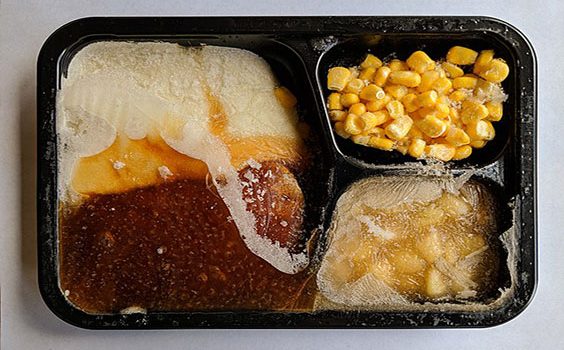
There’s no need to feel guilty when you reach for your frozen dinner. In fact, eating frozen dinners can actually have detrimental effects on your kidneys. According to a study published in the “American Journal of Epidemiology,” people who consume a lot of frozen dinners are more likely to develop kidney disease than those who eat other types of food.
The study found that people who ate the most frozen dinners were almost three times as likely to develop chronic kidney disease as those who ate the least. Chronic kidney disease is a condition in which the kidneys lose their ability to function normally, and it can lead to serious health problems.
Frozen dinners are high in calories and fat, which can damage the kidneys over time. If you’re looking for healthy options when it comes to dinner, try making some homemade soup or grilled chicken instead of eating a frozen meal.
23. Condiments like ketchup, BBQ sauce, soy sauce
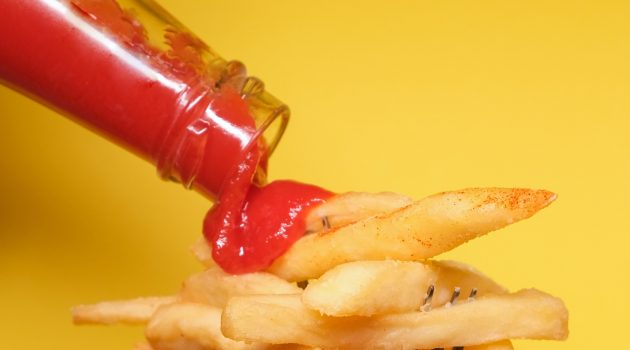
There is growing concern that condiments like ketchup, BBQ sauce, soy sauce can be bad for the kidneys. The concern is based on the fact that these sauces contain high levels of sodium which can be damaging to the organ.
Research suggests that people who eat high levels of sodium are at an increased risk for kidney disease.
24. Pickled foods like pickles, olives, beets
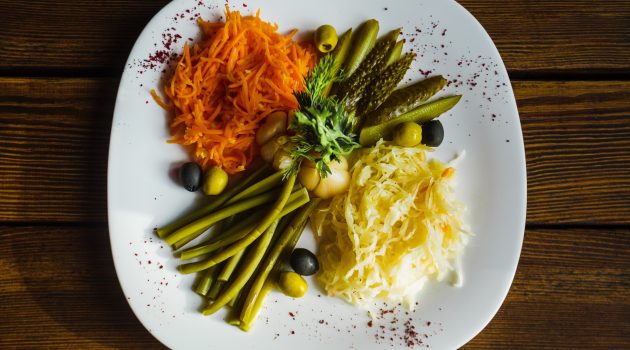
Pickled foods like pickles, olives, beets can contain high levels of nitrates and toxins that can harm the kidneys. These are some of the most common foods to cause kidney problems. When consumed in large quantities, these pickled items can seriously damage the kidneys by increasing the risk for kidney failure.
25. Canned vegetables
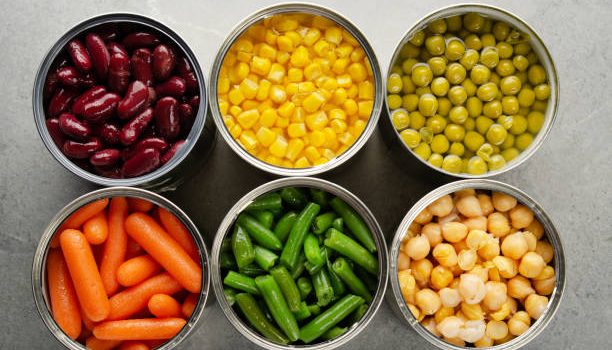
Canned vegetables are often considered a healthy option, but this is not always the case. In fact, canned vegetables can be harmful to the kidneys. The reason is that canned vegetables contain high levels of sodium and potassium, which can promote kidney damage.
Furthermore, many canned vegetables are packed with unhealthy additives and may also contain harmful chemicals. So if you want to protect your kidneys, avoid canned vegetables altogether.
26. Alcohol
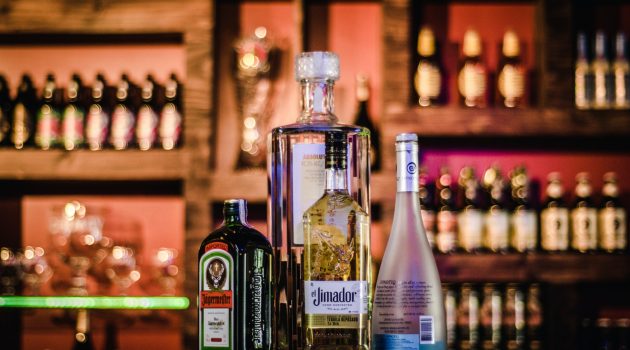
Alcohol consumption has been linked to health problems such as liver disease, heart disease, and stroke. It has also been linked to kidney damage. In fact, one study found that people who drink regularly are more likely to develop kidney disease than those who don’t drink at all.
The kidneys are responsible for filtering the blood and removing waste products. When alcohol is consumed, it can cause the kidneys to work overtime. This can lead to damage and even failure of the organ.
If you’re drinking alcohol in moderation, it’s not likely to have a negative impact on your kidney health. However, if you’re binge drinking or drinking heavily on a regular basis, it’s important to take steps to protect your kidneys.
27. Pain medication
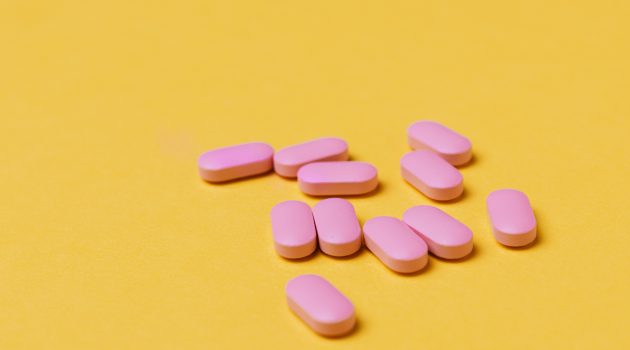
Pain medication, especially when taken over a long period of time, can be damaging to the kidneys. When taken in high dosages, it can cause renal damage and even lead to kidney failure. In addition, taking pain medications often leads to an increased use of other medications that can also be harmful to the kidneys, such as anti-inflammatory drugs and blood pressure medications.
If you are taking any type of pain medication, it is important to speak with your doctor about how much you should take and for how long.
28. Illegal Drugs
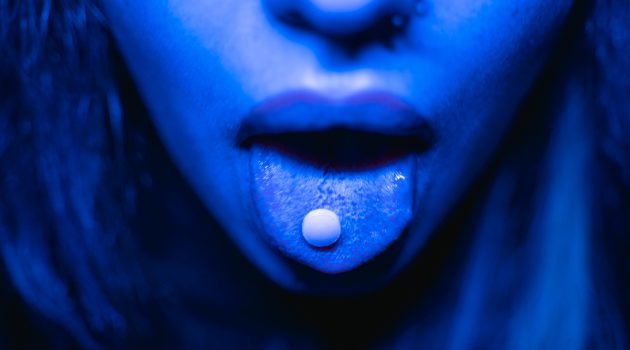
Illegal drugs can damage the kidneys in a number of ways. One of the most common is called nephrotoxicity, which happens when chemicals or toxins damage the kidney’s cells. This can lead to decreased function and even kidney failure. Another way illegal drugs can harm the kidneys is by increasing the risk of blood clots, which can block vessels in the kidney and cause renal failure.
Finally, taking many different types of illegal drugs simultaneously can actually reduce the flow of urine, leading to an increase in urinary tract infections and eventual kidney failure.
29. Bodybuilding Steroids

Bodybuilding steroids can damage the kidneys. This is because bodybuilders often use these drugs to increase their muscles. When the kidneys are damaged, they cannot work properly and this can lead to health problems.
These problems can include a decrease in the amount of urine produced, kidney failure, and even death. It is important that bodybuilders take care when using steroids, as their health could depend on it.
30. Heartburn Drugs
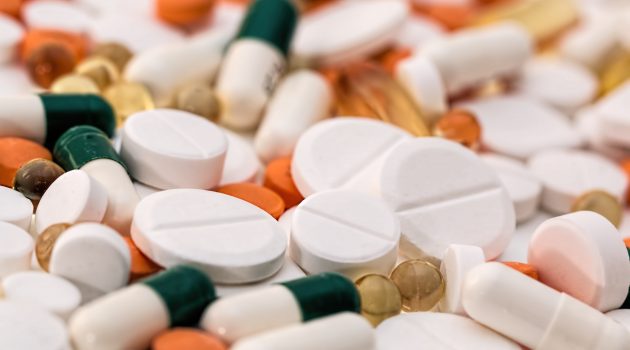
Heartburn drugs can damage the kidneys. Unlike other organs in the body, the kidneys are not able to regenerate if damaged. This means that over time, damage to the kidneys can lead to kidney failure. The most common type of heartburn drug is called erlotinib. Erlotinib is used to treat cancer and other types of tumors.
It works by blocking signals that stimulate the growth of cancer cells. However, erlotinib can also cause kidney damage in people who use it long term. Damage to the kidneys may occur when erlotinib is used in combination with other medications or when it is taken on its own. People who are at risk for kidney damage should talk to their doctor before taking erlotinib.
31. Baked goods
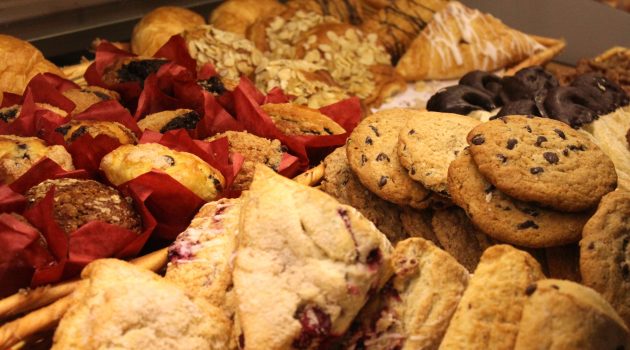
Baked goods can damage the kidneys. This is because they contain high levels of sugar and sodium. These substances can cause inflammation, which can lead to the development of kidney disease. In fact, consuming baked goods on a regular basis can actually increase your risk of developing kidney disease by 50%.
If you’re concerned about your kidney health, it’s important to limit your intake of baked goods to once or twice a week.
Frequently Asked Questions
Some fruits that have been traditionally claimed to help repair kidneys are as follows:
Acerola cherries, blackberries, blueberries, cranberries, grapefruit, honeydews, kiwifruit, lemons, limes, oranges, papaya, passion fruit, raspberries, strawberries.
The first signs of kidney problems may include: feeling tired, having to go to the bathroom more often, having a bad odor from your urine, and having blood in your urine. If you experience any of these symptoms, it is important to see a doctor as soon as possible.
There is no one-size-fits-all answer to this question, as the best exercise for kidney depends on your specific health and fitness goals. However, some popular exercises that may be beneficial for kidney health include: running, swimming, biking, elliptical training, and strength training.
There is no single answer to this question as there are a variety of things that can be done to improve kidney function. Some things that may help include: eating a healthy diet, getting enough exercise, and avoiding excessive drinking. Additionally, some people may benefit from taking supplements such as minerals or vitamins that are known to support kidney health.
There are a few ways to check if your kidneys are working properly. One way is to measure how much urine you produce in a day. Another way is to have your blood tested for levels of creatinine, a waste product that your kidneys convert into urea. If either of these tests show that your kidneys are not functioning properly, you may need to see a doctor.
In conclusion, certain foods and drinks can harm the kidneys over time, leading to a variety of health problems. If you are concerned that your diet may be harming your kidney health, speak to your doctor. They can help you make modifications to your diet that will both protect your kidneys and support your overall health.

Leave a Reply
You must be logged in to post a comment.